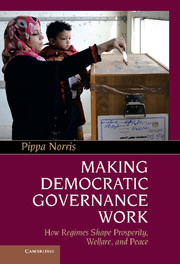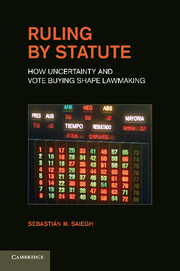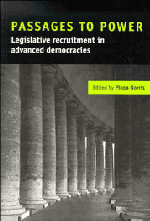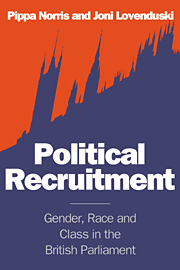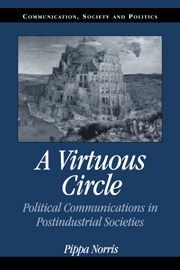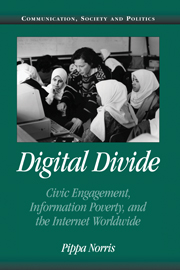Making Democratic Governance Work
Is democratic governance good for economic prosperity? Does it accelerate progress towards social welfare and human development? Does it generate a peace-dividend and reduce conflict at home? Within the international community, democracy and governance are widely advocated as intrinsically desirable goals. Nevertheless, alternative schools of thought dispute their consequences and the most effective strategy for achieving critical developmental objectives. This book argues that both liberal democracy and state capacity need to be strengthened to ensure effective development, within the constraints posed by structural conditions. Liberal democracy allows citizens to express their demands, hold public officials to account and rid themselves of ineffective leaders. Yet rising public demands that cannot be met by the state generate disillusionment with incumbent officeholders, the regime, or ultimately the promise of liberal democracy ideals. Thus governance capacity also plays a vital role in advancing human security, enabling states to respond effectively to citizen's demands.
- Offers a new theoretical framework seeking to explain the impact of the democratic governance on economic development, human welfare and internal peace
- The theory is tested empirically among diverse types of regimes, using worldwide evidence during the third wave of democracy
- By challenging many of the contemporary arguments advanced by idealists and realists, the book provides a more comprehensive understanding
Reviews & endorsements
“Political science has focused heavily on democratic institutions in recent years but far less on the understanding of basic state capacity, whose absence often undermines democracy. Making Democratic Governance Work is an important book that helps enormously to fill this critical gap in our understanding.” – Francis Fukuyama, Olivier Nomellini Senior Fellow, Freeman Spogli Institute, Stanford University
“This book is a landmark study of one of the most heated questions in social science: do political institutions determine human welfare, and if so, to what extent? The answer is a resounding, but qualified, ‘yes.’ Combining rigorous conceptual analysis with a wealth of data, Norris shows that liberal democracy is not enough for creating human well-being if states lack the capacity to implement policies. Her argument that international development organizations should promote both liberal democracy and the quality of government is both timely and convincing.” – Bo Rothstein, August Röhss Chair in Political Science, University of Gothenburg
“Pippa Norris has done it again. With masterful grasp of the literature and a breathtaking tour de force through vast masses of empirical data, she comes through with one simple and crystal clear conclusion: it's not a question of promoting democracy or building state capacity; it's a question of doing both. This book deserves to be read well beyond the boundaries of academia.” – Jan Teorell, Professor of Political Science, Lund University
Product details
August 2012Hardback
9781107016996
294 pages
234 × 156 × 21 mm
0.63kg
23 b/w illus. 2 maps 11 tables
Available
Table of Contents
- Part I. Introduction:
- 1. Does democratic governance determine human security?
- 2. Theories of regime effects
- Part II. Comparing Regimes:
- 3. The regime typology
- 4. Analyzing regime effects
- Part III. Development Outcomes:
- 5. Prosperity
- 6. Welfare
- 7. Peace
- Part IV. Conclusions:
- 8. Why regimes matter.

